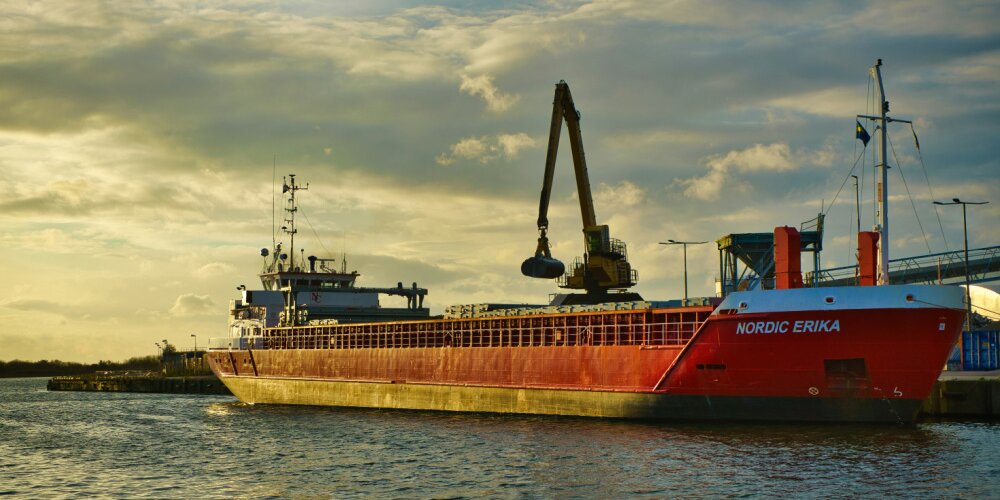Browse our services
Explore how Brookes Bell can help you
Find an expert
Meet our team, find and expert and connect
Contact us
Get in touch, we're here to help

Dry bulk - one of the shipping industry’s largest sectors - is lagging behind when it comes to investments in new ‘green’ tonnage according to research from ship chartering company AXSMarine.
According to the data provided by AXSMarine, only 3% (or 915 vessels) of the global bulk, tanker, and containership fleet are equipped with dual fuel propulsion. Of these segments, dry bulk has the fewest dual-fuel, ‘green’ vessels.
Beyond the dry bulk sector, the shipping industry does appear to be heeding the call of policymakers and investing in greener tonnage. For example, research conducted by Clarksons revealed that in 2023, 45% of all newbuilding orders involved alternative fuel in some form.
The individual shipping segments that are leading the way in terms of green newbuild orders are the container segment - where 61% of newbuild orders are dual fuel - and car carriers - where 90% of newbuild orders are dual fuel.
This research comes at a time when dry bulk seaborne trade is reaching record highs. According to Trade Flows data from AXSMarine, 2023 saw 5.37bn MT of commodities shipped - representing an all-time record.
As AXSMarine states: ‘Every single quarter of last year set its own record, surpassing 2022 levels by over 3.1% on average, with the strongest year-over-year performance achieved in Q4 of 2023. In terms of the previous highest Dry Bulk quantities shipped, 2023 saw over 2.3% more cargo carried worldwide. Over 150,000 individual laden legs were carried out by Dry Bulkers last year, virtually on par with 2022 levels’.
So, dry bulk trade volumes are positive - but, what does the relatively low order book for green tonnage mean?
Danish Ship Finance, in its Shipping Market Review - November 2023 - summarised the situation and consequences succinctly:
‘The lopsided nature of current order books represents an industry challenge. The shipping segments with the most vessels - Dry Bulk, Crude, Product and Chemical Tankers - are seeing hardly any fleet renewal and seem ill-prepared to meet climate targets. These ship segments are all trading tramp, and thus their decarbonising strategies are being hampered by unpredictable trading patterns. Therefore, the vessels on order are primarily equipped with engines burning conventional fuels’.
As the review goes on to state, ‘There is a risk that a segment’s inability to deliver on the climate targets may eventually destroy demand’.
That’s a significant risk for one of shipping’s largest segments…
Even with trade volumes remaining buoyant, the dry bulk segment is a competitive one - which means it’s vital that your bulkers are being run as efficiently as possible.
And, Brookes Bell’s team of Master Mariners can help you achieve that.
With decades of experience, our Master Mariners can help you review your bridge team management processes, identify improvements to your operations and processes, and ensure your operations are safe, compliant and efficient.
For more maritime industry news and developments, explore the Brookes Bell News and Knowledge Hub…
What Is Bunker Fuel? A Complete Guide | HMM Makes $1 Billion Diversification Into Bulkers | Euronav Draws Up Plans for 120 Low-Carbon Ships